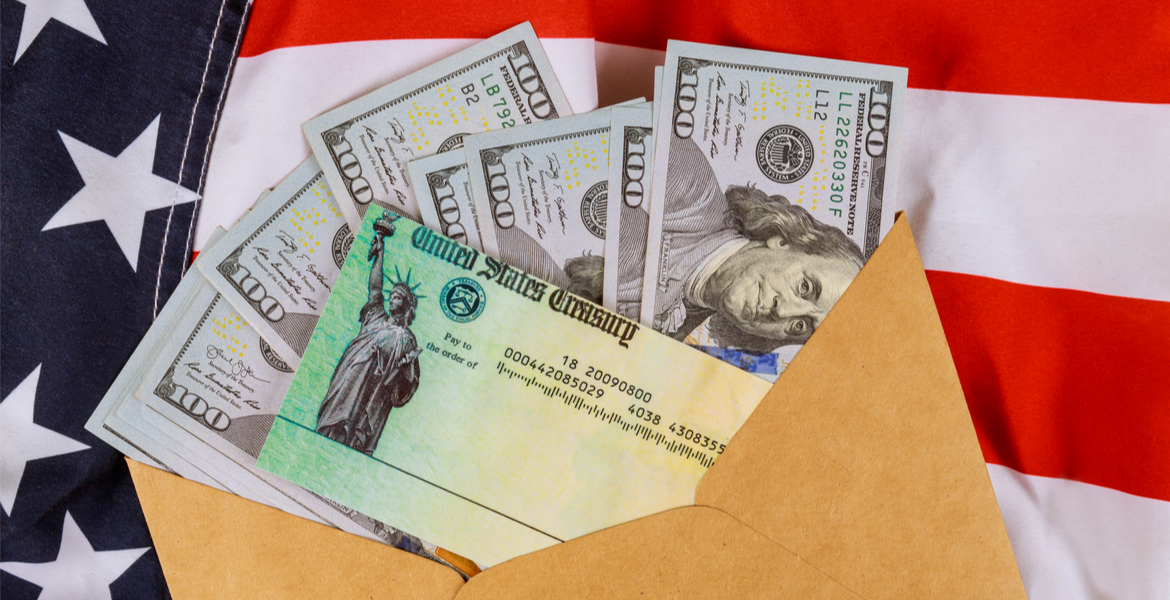
COVID-19 shows importance of emergency financial plans
Tuesday, March 31, 2020
The coronavirus pandemic has driven home the importance of financial management and emergency savings accounts, said Cindy Clampet, assistant family resource management specialist with the Oklahoma State University Extension.
It has been a difficult lesson to learn.
“It’s recommended consumers should have at least three to six months’ worth of living expenses in an emergency fund. However, a recent survey by the Federal Reserve found 46 percent of Americans don’t have the funds to pay for an unexpected $400 bill,” Clampet said. “Since most of those who paid income tax in 2018 or 2019 will be receiving stimulus money in the next few weeks, this is a great time to get a jump on starting or adding to an emergency fund.”
Clampet said the purpose of the emergency stimulus payment is to help residents pay bills and stay financially healthy in the economic downturn.
Individual taxpayers who earned up to $75,000 annually should receive $1,200, while married couples with a combined income up to $150,000 will receive $2,400. Individuals with annual incomes of $75,001 to $100,000, and married couples with an income between $150,001 and $198,000, will receive lower amounts. Single parents who filed as head of household and earned up to $112,500 will get the full $1,200. Also, Clampet said those who qualify for the stimulus payment and have children will get an additional $500 per child under the age of 17.
“These stimulus funds will be very helpful for the many people who currently are out of work,” she said. “However, this money is meant to help people pay for their basic needs. Make sure to pay essentials first, including food, shelter and transportation. Keeping insurance on health, homes, cars and personal belongings should come second at this time.”
Do not hesitate to take advantage of extra help that is available, including food assistance, loan forbearance or other help, she said. Try to eliminate as many nonessential costs as possible.
For those fortunate enough to not need stimulus payments for everyday bills, or for those who are expecting a tax refund soon, Clampet said this is still a good opportunity to plan ahead, establishing or adding to an emergency account.
“Open a money market or passbook savings account at the bank where you have your checking account. If you set up a mobile banking app this emergency account can be linked to your checking account and money can be transferred between accounts from your computer or your smart phone,” she said. “Consider this savings account as a new bill and transfer a set amount after each paycheck is deposited. Do this on a regular basis and you’ll quickly see the amount grow. Consumers can make the transfer themselves through the phone app, or have the bank do it automatically after each deposit.”
The emergency stimulus package can also help keep families from paying bills with a credit card, which typically would involve higher interest charges.
“Once your savings account is established and you use money from it, replace the funds as soon as possible. Continue to build the account by depositing any extra income,” she said. “For those who may get a raise at work, raise the amount of your regular savings deposit and watch the balance grow even quicker. This hard economic time we currently are going through can be the start of new healthy financial habits.”
MEDIA CONTACT: Trisha Gedon | Agricultural Communications Services | 405-744-3625 | trisha.gedon@okstate.edu
